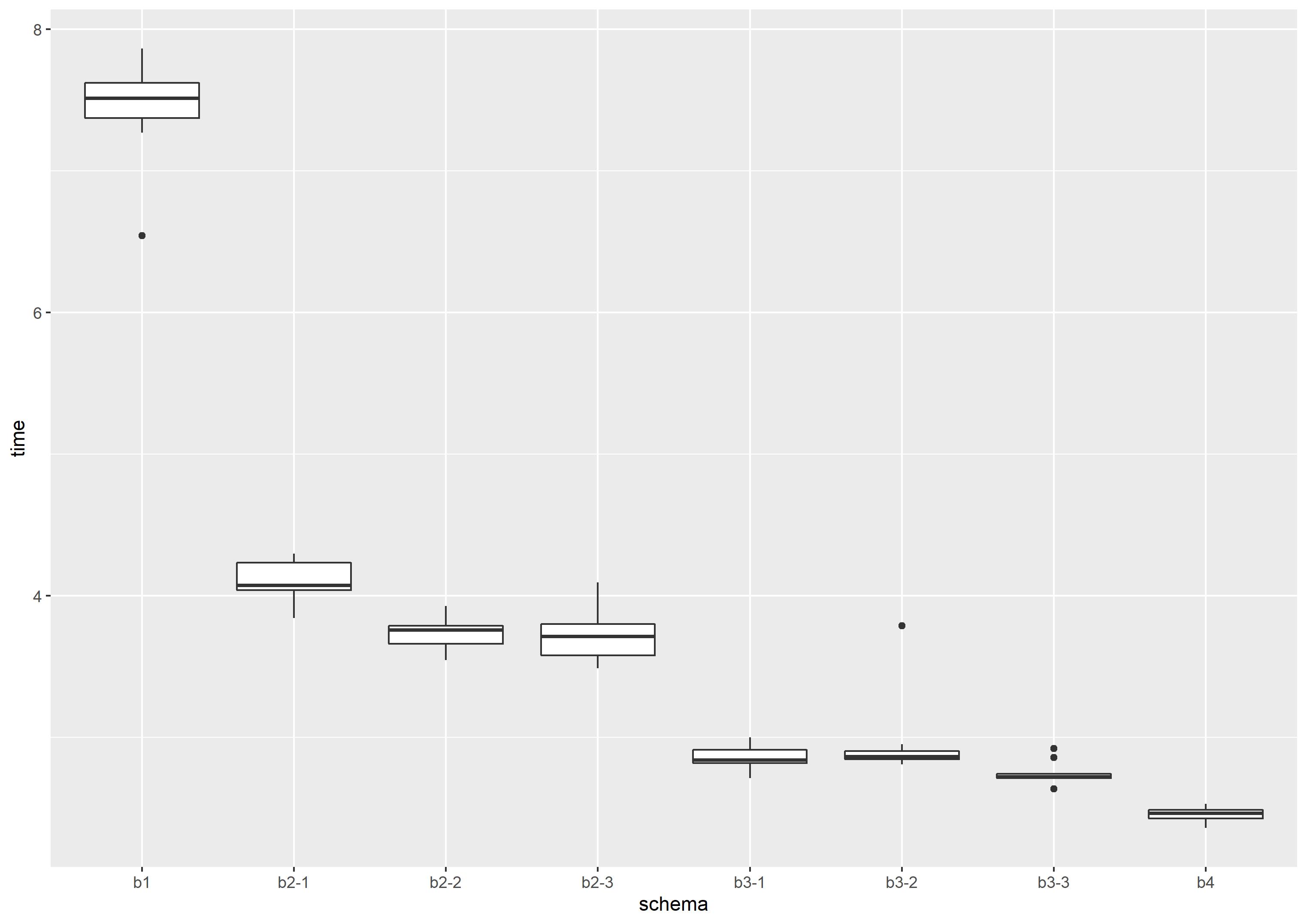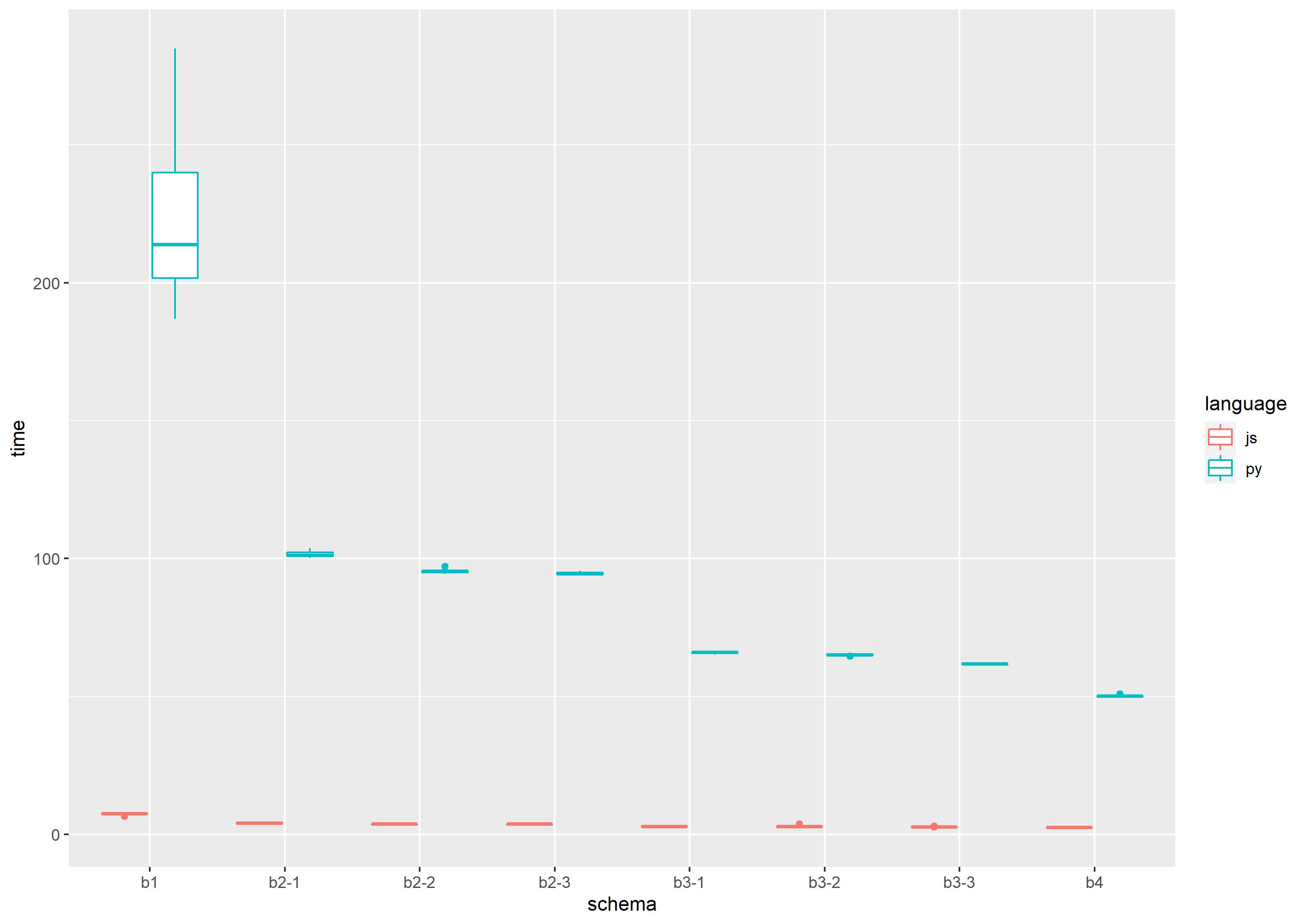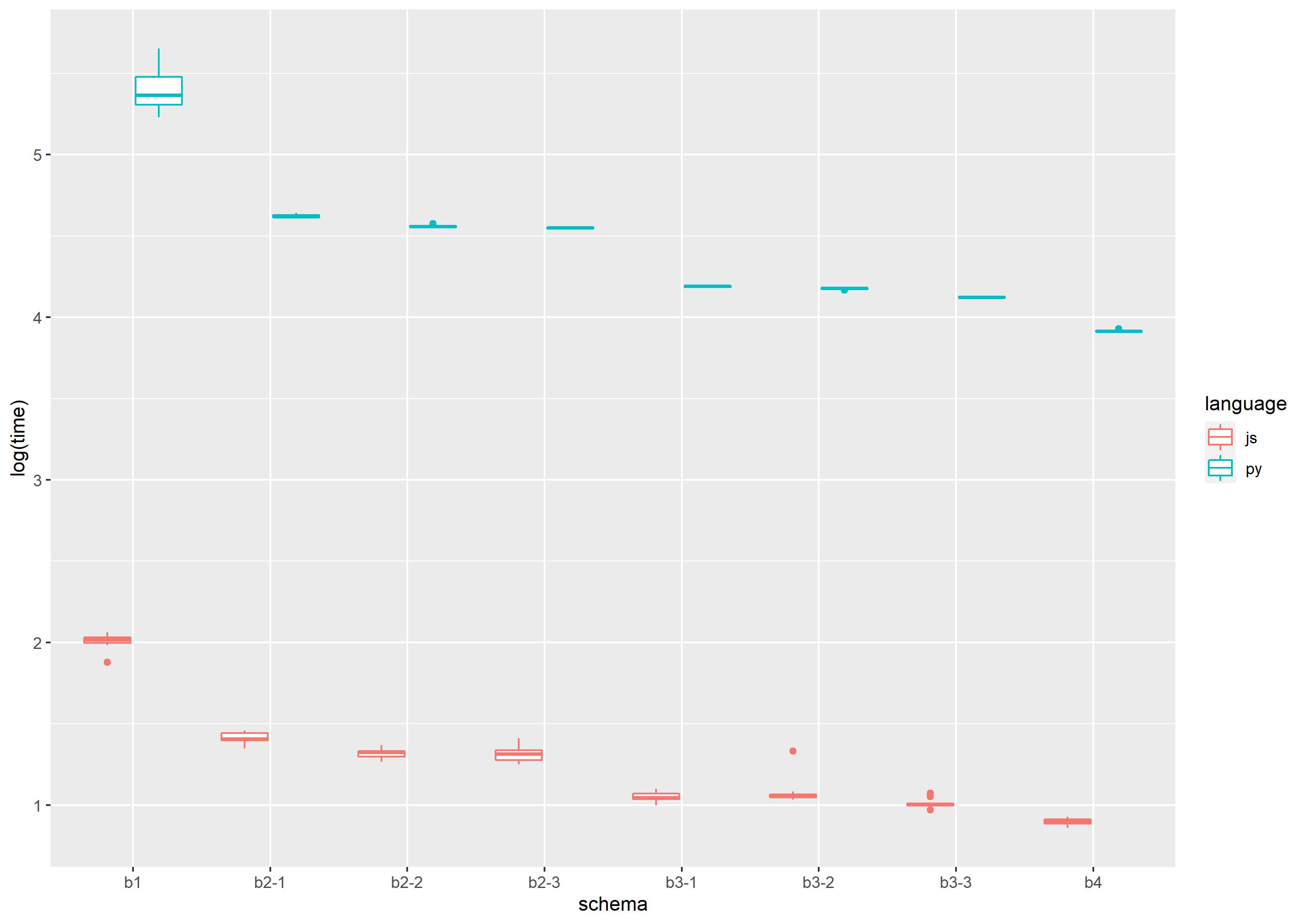# reamparser.js
reamparser.js is a parser and emitter for REAM written in JavaScript.
NOTE: REAM-editor ships with reamparser.js and does not required a local copy of the parser.
# Reqruiements
node.jscommander.jsif using the CLI toolparsemd
# Installation
$ git clone https://github.com/chmlee/reamparser.js
# Usage
# Import as module
// const fs = require('fs');
// fileText = fs.readFileSync('path/to/REAM/file', 'utf8')
const { MdFile } = require('path/to/ream.min.js');
const mdFile = new MdFile(fileText);
const mdCSV = mdFile.toCSV();
# CLI
The CLI tool parsemd requires commander.
Install commander with npm:
$ npm install commander
parsemd take a path as an argument, and output the compiled CSV as stdout.
$ path/to/parsemd path/to/input.md
To save the output, pipe the stdout to a file:
$ path/to/parsemd path/to/input.md > path/to/output.csv
# Benchmark
The parser is fairly fast. It compiles a 10000 rows * 360 columns dataset in about 7 seconds, and can be as fast as 3 seconds if utilizes REAM's inheritance feature in my benchmark.
To test it, first generate the eight benchmark REAM files with generator.py.
They are identical in content, but with different schemas.
You can use any benchmark tools you desire.
If you are using hyperfine, the script I use is available: benchmark_hf.sh.
The results are as follow:



(Intel i7-6700HQ, 8GB Memory, WSL2/Arch Linux with nodejs v15.2.0)
editor →